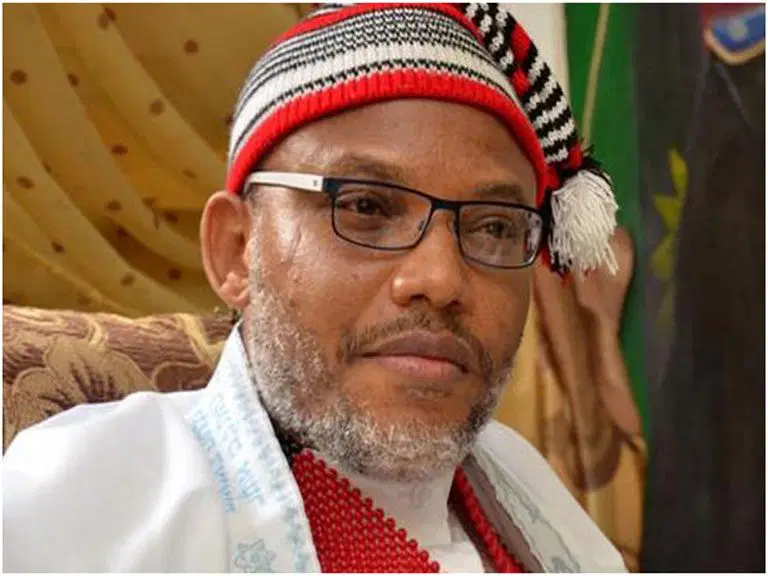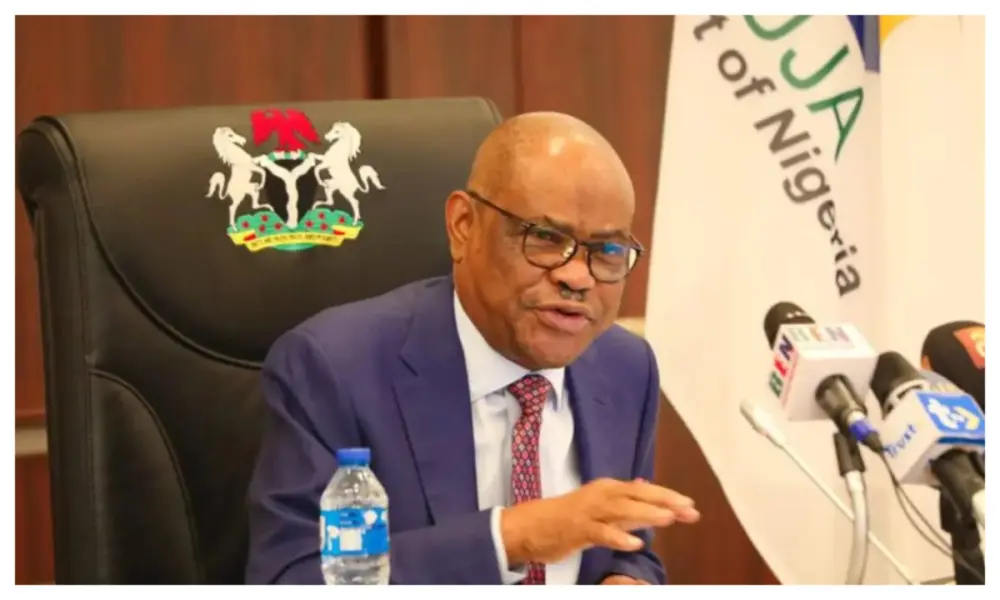Barrister Njoku Jude Njoku, a UK-based human rights lawyer, has accused the federal government of violating local and international laws in the extradition and trial of Nnamdi Kanu, leader of the Indigenous People of Biafra (IPOB).
In a statement issued Tuesday in Abuja, Njoku warned the case threatens Nigeria’s democracy and rule of law.
Njoku criticized Kanu’s forced extradition from Kenya without judicial authorization, calling it a breach of the African Charter on Human and Peoples’ Rights.
He also condemned the Supreme Court’s December 2023 ruling in FRN v. Nnamdi Kanu for prioritizing executive convenience over constitutional principles.
“Justice, if it must stand, must not be built on a foundation of illegality. Kanu’s case is not simply about a man; it is about whether the Nigerian state remains bound by law or has become an arbiter above it,” Njoku stated.
The lawyer highlighted legal violations, including bypassing fair hearing requirements under Kenyan and Nigerian laws. He also criticized the shift from treasonable felony to terrorism charges, noting jurisdictional issues under Nigeria’s Extradition Act.
Njoku said: “Nigeria, by forcibly abducting Kanu from Kenya without judicial authorization, flouted both the African Charter on Human and Peoples’ Rights and binding obligations under Commonwealth extradition frameworks.
“The Supreme Court’s refusal to uphold these standards weakens public confidence in the judiciary’s independence and constitutional fidelity.”
The legal expert accused the government of disregarding Commonwealth extradition frameworks and international law. He referenced the Court of Appeal’s 2022 ruling, which discharged Kanu due to fair hearing breaches, and warned the Supreme Court’s reversal sets a dangerous precedent.
Njoku warned, “The Supreme Court ruling by Justice Garba sets a dangerous precedent for future cases, potentially weakening due process protections in extradition and related cases, risking increased international criticism.
“It is the jurisprudential maxim in every English Common Law country in the world, (which Nigeria is one) that you cannot place illegality on legality and expect it to stand,” Njoku concluded. “The concern about placing an illegality atop legality should agitate the minds of those involved in this high-profile case.”



